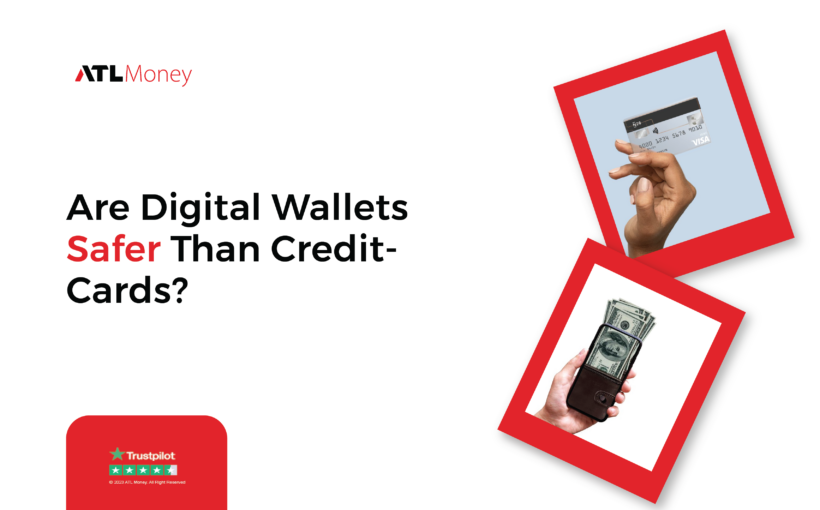In today’s digital age, the way we handle money has evolved significantly. Digital wallets have gained popularity in recent years as a convenient and secure way to send money abroad.
With the emergence of digital wallets and the enduring popularity of credit cards, it’s essential to understand which option offers greater safety and protection for our finances.
Let’s delve into the safety of digital wallets compared to credit cards to help you make informed decisions about your financial transactions.
The Rise of Digital Wallets
Digital wallets have revolutionized the way we handle money, offering a convenient and secure alternative to traditional payment methods. These virtual platforms allow users to store payment information securely and make transactions with ease, making them an ideal choice for sending money abroad. With lower transaction fees and faster processing times, digital wallets have become a preferred option for many individuals seeking to transfer funds internationally.
Security Features of Digital Wallets
One of the key advantages of digital wallets is their robust security features. These platforms employ advanced encryption techniques to protect sensitive data, making it difficult for hackers to access personal and financial information. Additionally, digital wallets often offer two-factor authentication and biometric authentication, further enhancing the safety of transactions and providing users with peace of mind.
Considerations for Digital Wallet Users
While digital wallets offer numerous benefits, users need to be aware of potential risks. Cybercriminals are constantly devising new tactics to bypass security measures and gain access to sensitive information. To mitigate these risks, users should adopt best practices for securing their digital wallets, such as regularly updating passwords and enabling additional security features.
The Role of Credit Cards in Online Transactions
Credit cards have long been a popular choice for online transactions, offering widespread acceptance and robust buyer protection policies. In the event of unauthorized transactions or fraudulent activity, credit card users are often entitled to chargeback rights, allowing them to dispute transactions and receive refunds. While credit cards may have higher transaction fees compared to digital wallets, their buyer protection features provide added peace of mind for users.
Comparing Safety and Security
When comparing the safety and security of digital wallets and credit cards, it’s essential to consider the pros and cons of each option. While digital wallets offer enhanced privacy and lower transaction fees for sending money abroad, credit cards provide robust buyer protection and widespread acceptance. Ultimately, the choice between the two depends on individual preferences and priorities, with users weighing factors such as security, convenience, and cost.
In conclusion, both digital wallets and credit cards offer advantages and disadvantages when it comes to safety and security. Whether you choose to use a digital wallet or a credit card for your online transactions, it’s crucial to prioritize security and adopt best practices for safeguarding your financial information.
By making informed decisions and staying vigilant, you can ensure that your money remains safe and secure in today’s digital world.
*Send money from the UK with ease using ATLMoney.*
